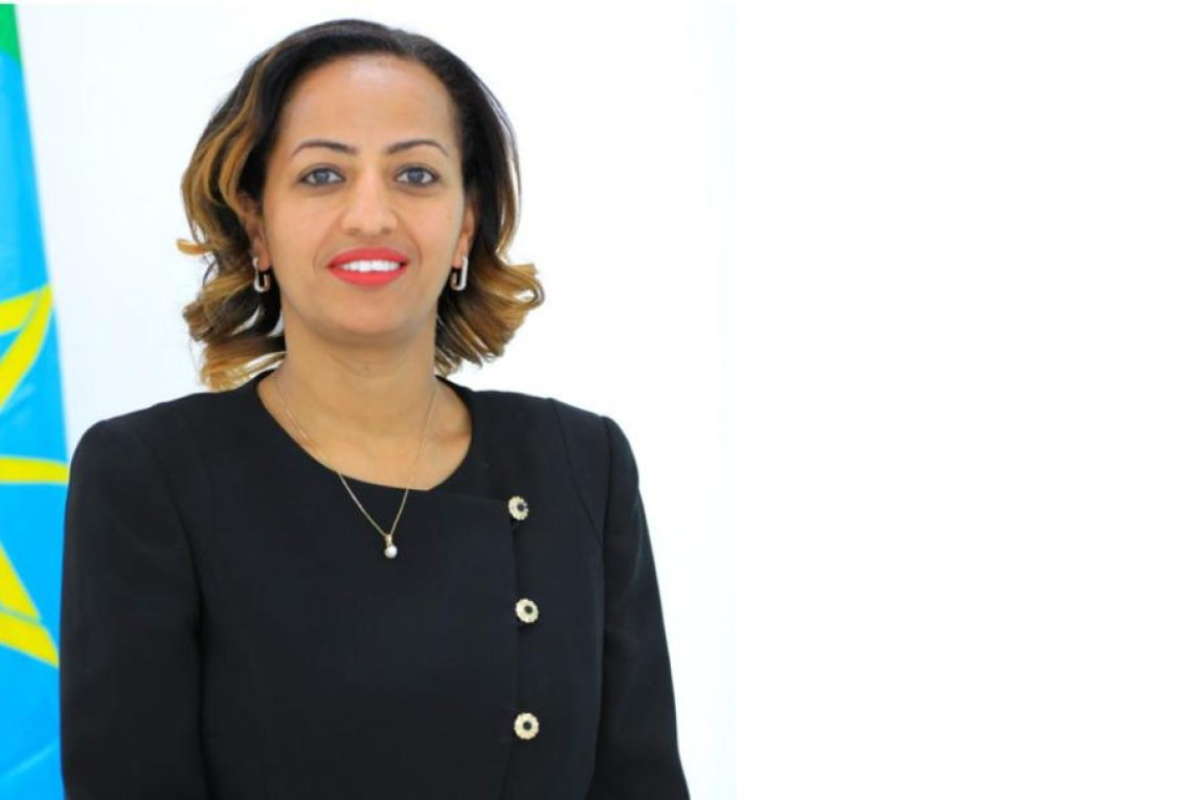Ethiopia’s Health Minister, Dr. Mekdes Daba, has highlighted the World Health Organization’s (WHO) role in setting global health norms. Speaking at a regional health summit in Addis Ababa, she emphasized the importance of WHO’s guidelines in shaping national policies. Her remarks come as Ethiopia continues efforts to strengthen its healthcare system amid ongoing challenges.
“The WHO plays a key role in ensuring health standards are met worldwide,” Dr. Daba said. She pointed to WHO’s work in disease control, emergency response, and vaccine distribution. Ethiopia has adopted several WHO policies to improve maternal health, infectious disease management, and medical training.
Ethiopia has faced public health crises, including disease outbreaks and healthcare shortages. The government has worked with WHO to improve vaccination rates and expand access to primary care. WHO experts have also provided technical support in responding to disease outbreaks like malaria and cholera.
Health funding remains a challenge, with Ethiopia’s healthcare system relying on both government and international aid. WHO has contributed resources to strengthen health infrastructure in rural areas. Officials say continued collaboration is necessary to expand medical services to underserved populations.
Ethiopia’s population exceeds 120 million, making healthcare accessibility a major concern. Many rural areas lack hospitals, trained personnel, and essential medicines. WHO’s recommendations have guided policies aimed at reducing infant mortality and improving maternal healthcare.
Ethiopia has made progress in disease prevention, but challenges remain. Malaria and tuberculosis remain widespread, and access to clean water affects public health. WHO’s support has helped launch nationwide immunization campaigns and health education programs.
The COVID-19 pandemic exposed weaknesses in Ethiopia’s healthcare system. Limited hospital capacity and vaccine shortages delayed response efforts. WHO assisted by providing medical supplies, technical guidance, and emergency funding.
Dr. Daba stressed that WHO’s role goes beyond crisis response. She noted its efforts in promoting universal health coverage and strengthening health systems in low-income countries. Ethiopia is working toward these goals by expanding community-based health services.
Medical professionals in Ethiopia face training and resource shortages. WHO has supported capacity-building programs, offering training to doctors, nurses, and health workers. These efforts aim to improve healthcare quality and patient outcomes nationwide.
Non-communicable diseases like diabetes and heart disease are rising in Ethiopia. WHO guidelines help shape prevention strategies, including awareness campaigns and dietary recommendations. Government officials say more resources are needed to address these growing health threats.
Health officials are calling for stronger partnerships with WHO and other global organizations. Increased investment in healthcare infrastructure is seen as key to long-term improvements. Ethiopia plans to continue aligning its health policies with WHO standards.
Dr. Daba’s remarks reflect Ethiopia’s commitment to improving public health. She urged continued collaboration with international partners to address health challenges. The government aims to build a more resilient healthcare system using WHO’s expertise and global best practices.




